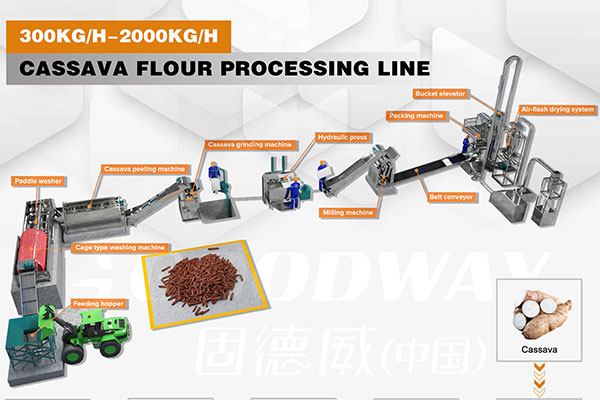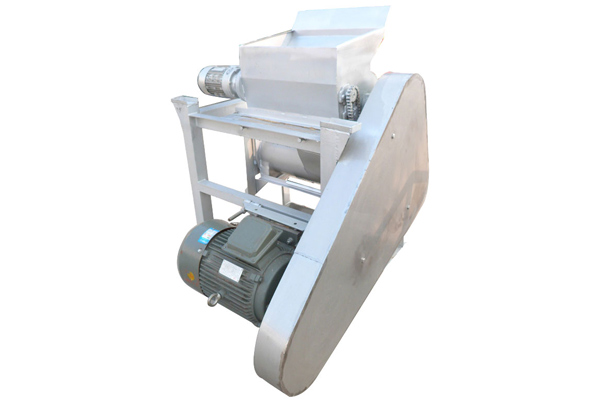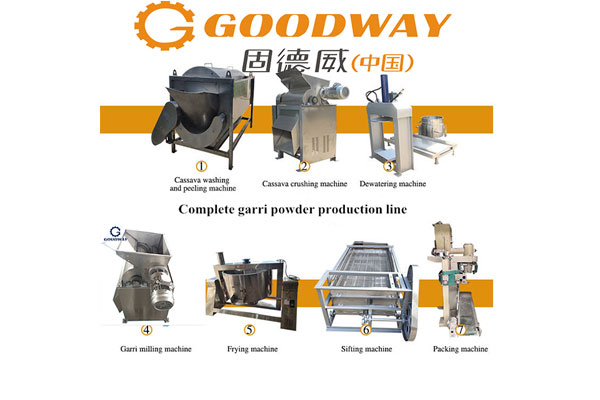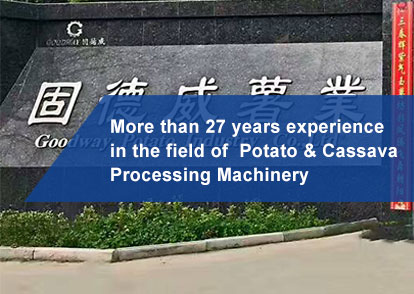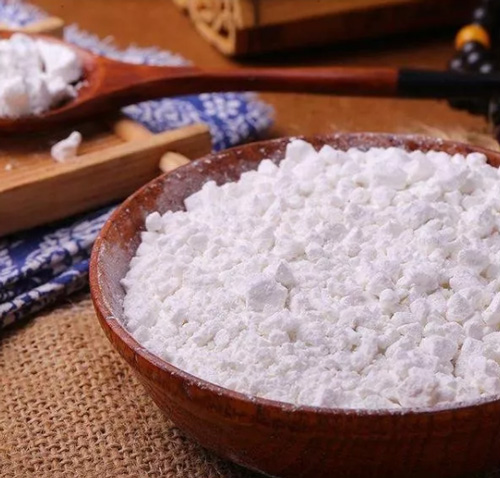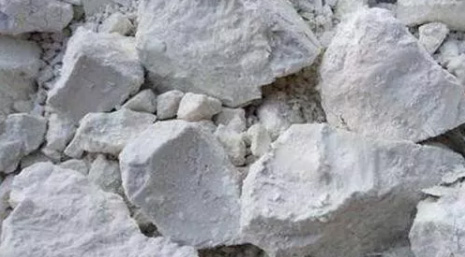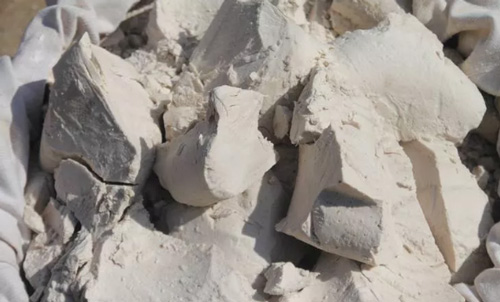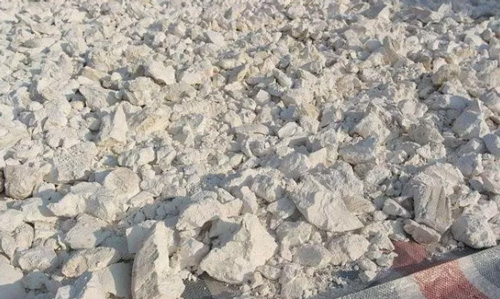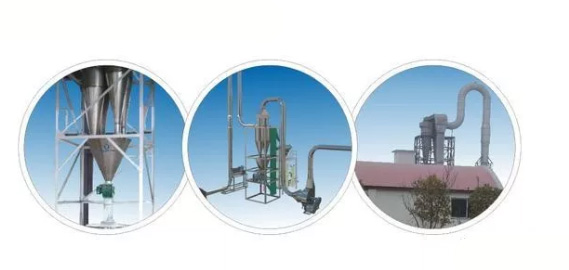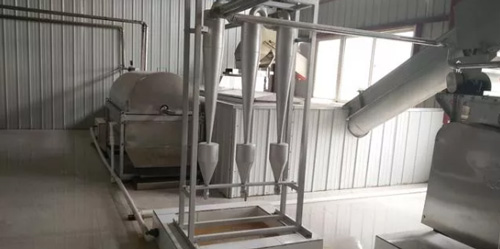The so-called evaluation refers to the use of sensory organs to identify the quality of starch, such as to see its shape and color by
naked eyes, to identify its moisture by hands, to taste it by mouth and so on.
First, Have a look
The whiter the sweet potato starch is, the purer it is. During the evaluation, take 5g starch sample, put it on the plate or glass plate, crush it with thick glass, and scrape the sample into a thin layer to see whether the starch color is white or lustered and to see wether there is spot and inclusion. When viewing, keep away from direct light and make good use of reflection. The normal color is white or gray with luster.
With the modern sweet-potato-starch processing equipments, the raw materials can be cleaned, and also equipped with desliming and desanding equipment, which can remove most of the impurities.
Second, Give a pinch
In addition to using the drying method to measure the water content, the content of starch water can also be roughly measured by the senses. That is to say, use your hands to knead the starch making it smoother; when you knead it into a ball, it will spread naturally. This kind of starch shows that it is dry and storable, which meets the water content standard of commercial starch. If you squeeze a handful into a ball, it's hard to let go, which means there's too much water.
The present
sweet-potato-starch processing equipments will be equipped with dehydrators and dryers to ensure that the finished products meet the water content standard of commercial starch.
Third, Give an ear
Put starch in a cloth bag and knead the starch on the outside of the bag. If it is pure starch, you will hear the clear and continuous "Ka, Ka" sound; if the starch is mixed with talcum powder, wheat flour, rice flour, corn flour, etc., there is no noise or little noise.
Fourth, Take a taste
Take a little starch and taste it slowly for peculiar smell, such as sour and mildewy taste, talcum powder taste, wheat flour taste, etc.; chew with teeth for shame, and if so, it means there is too much sediment.
Too much sediment may be caused by the raw materials not being cleaned, or it may be caused by the debris such as broken leaves, sand and stones mixed in when drying in the open air. If we use automatic sweet potato starch producting line and special
sweet-potato-starch processing equipments to clean raw materials and air drying, these problems can be avoided to a large extent.
Early winter is the peak season of processing sweet potato starch. If you want to review the sweet potato starch processed by yourself, or buy sweet potato starch, you can use the methods above. In order to process high-quality sweet potato starch, from raw material cleaning to starch drying and even packaging, it is necessary to standardize the operation and use appropriate
sweet-potato-starch processing equipments.

 EN
EN
 fr
fr  es
es  it
it  pt
pt 